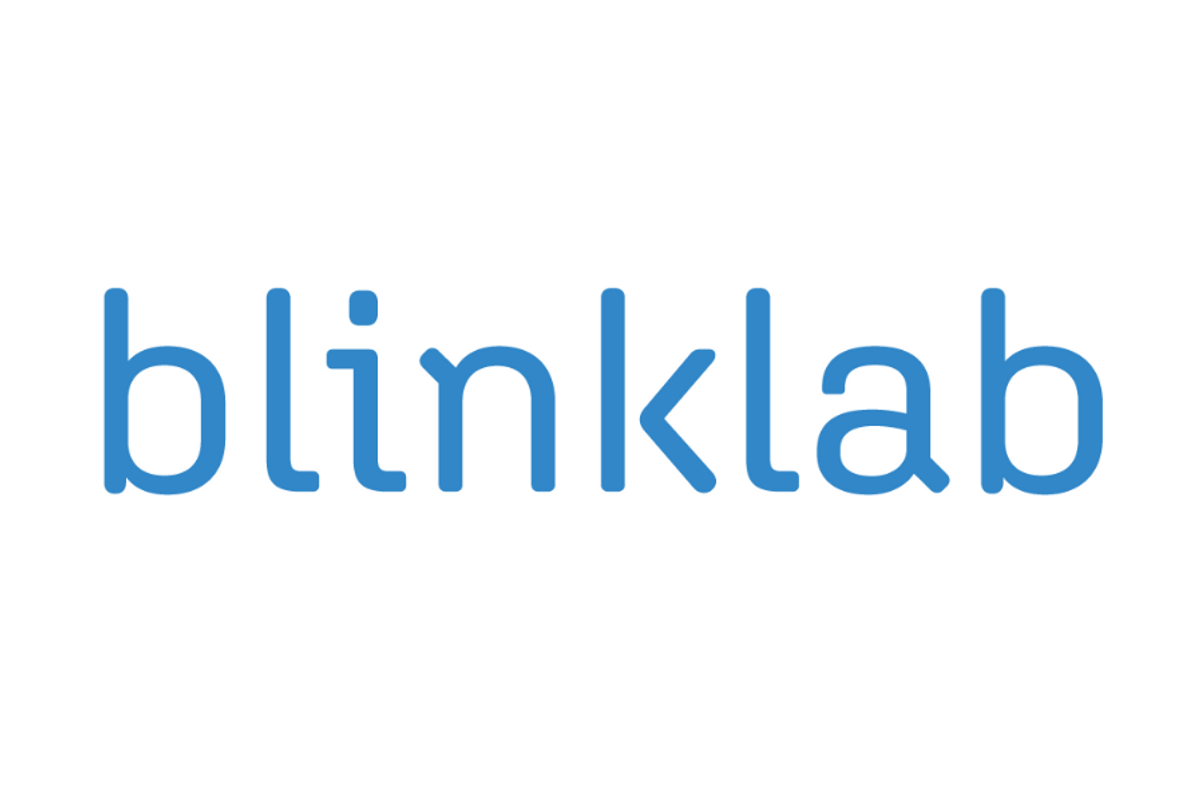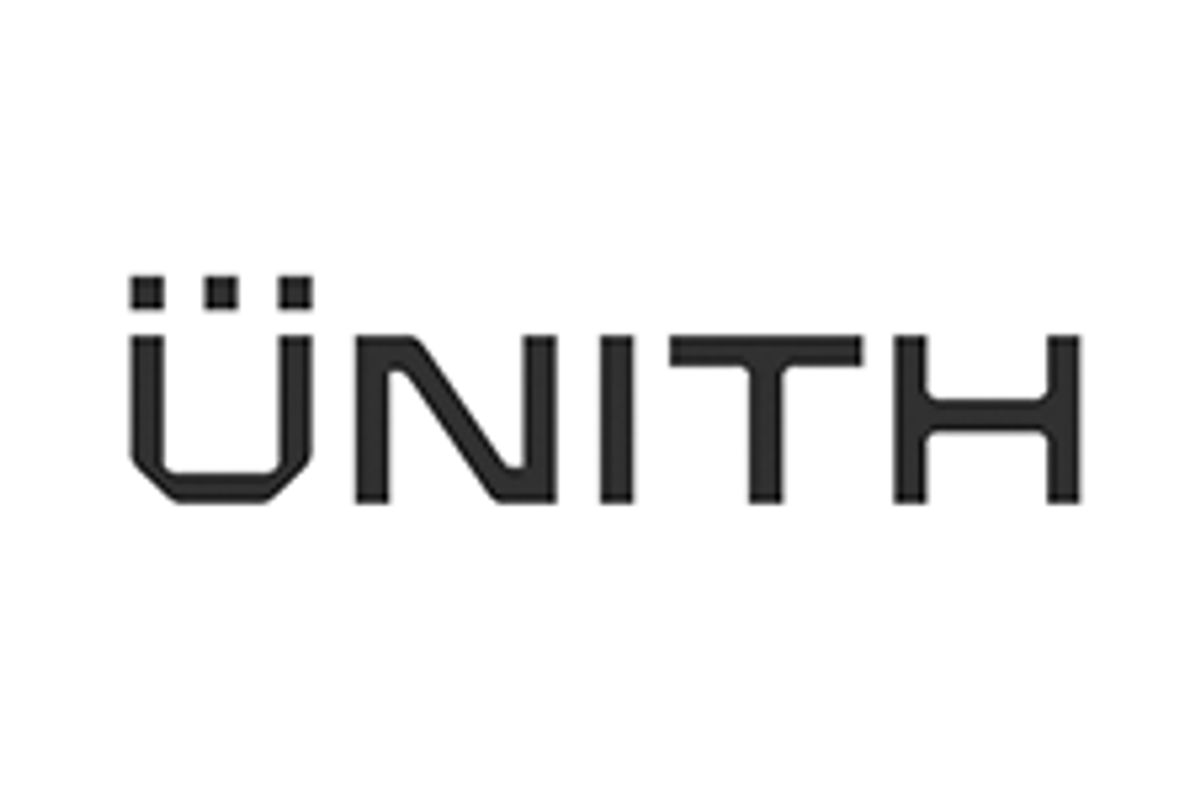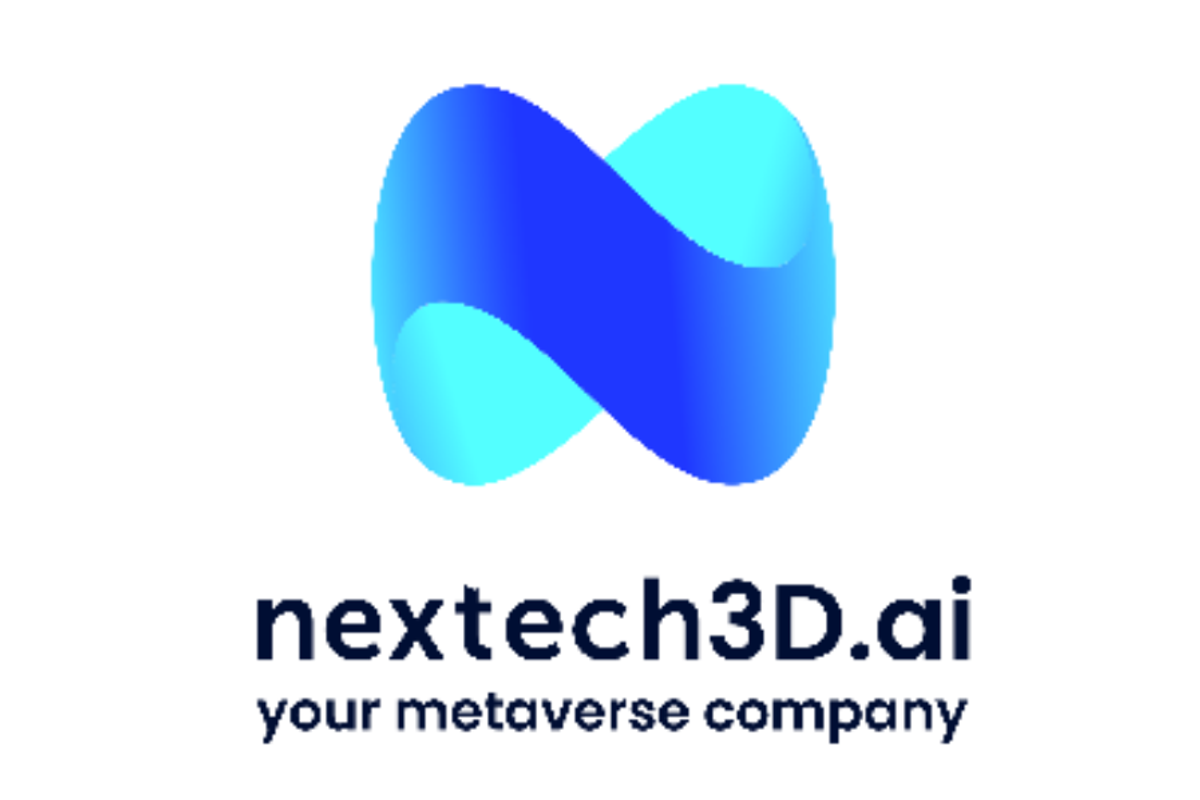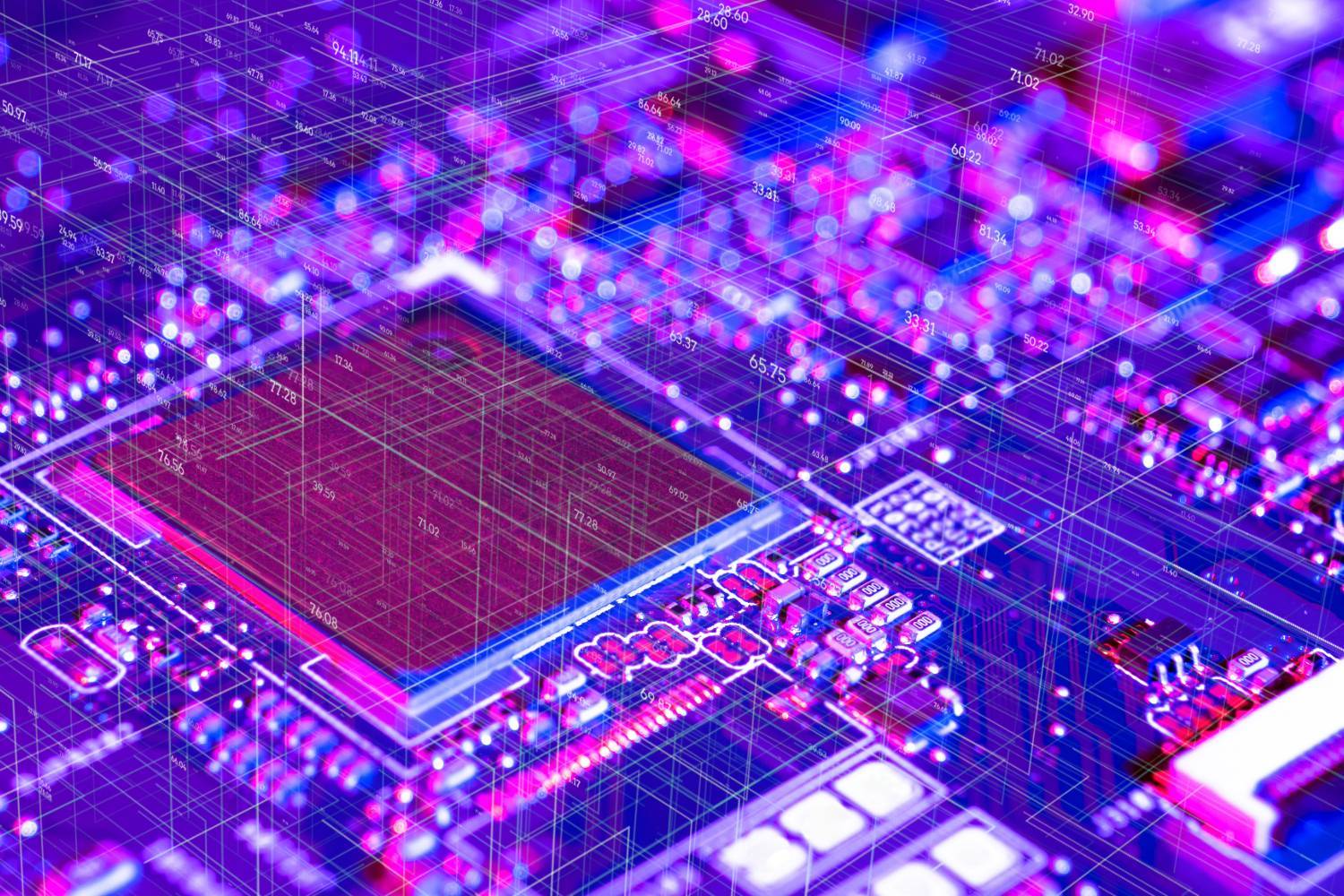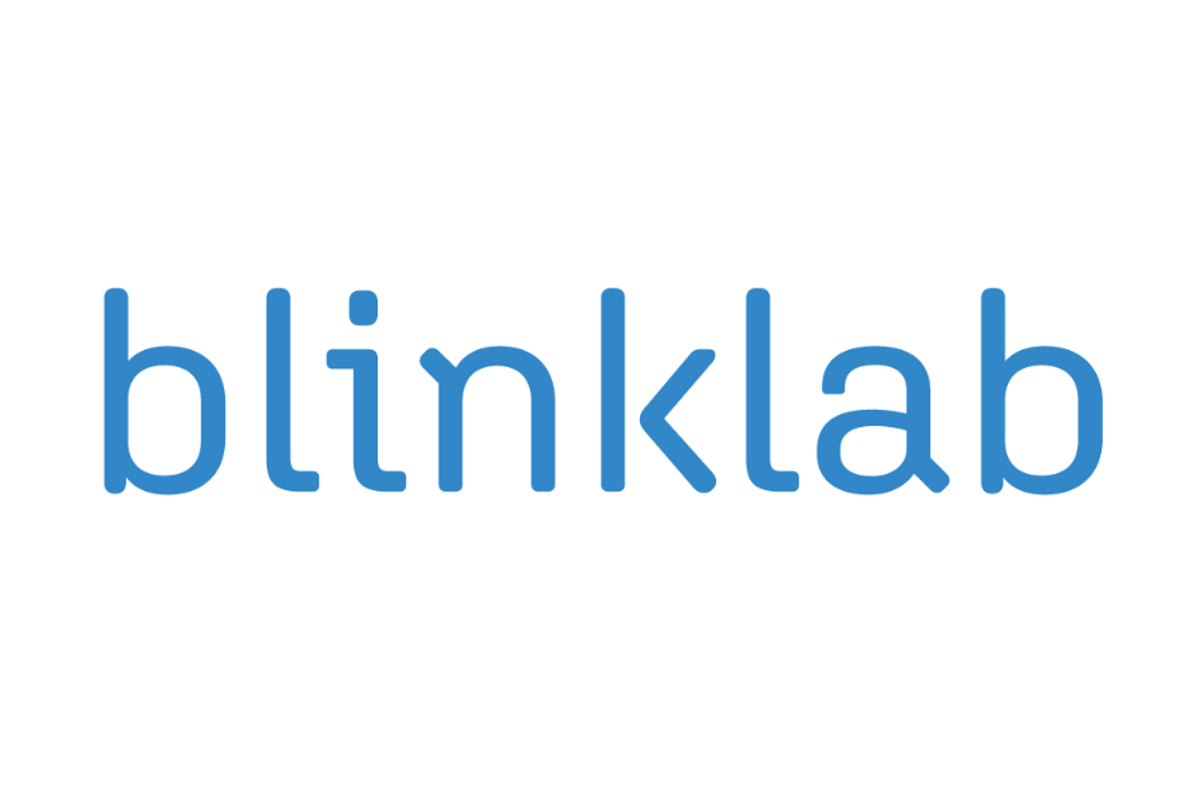
May 01, 2024
BlinkLab Limited (ASX:BB1) (“BlinkLab” or the “Company”), an innovative digital healthcare company developing smartphone-based AI powered diagnostic tests for autism, today announced that it initiated a clinical study in partnership with US based Turning Pointe Autism Foundation. The study will enroll up to one hundred children previously diagnosed with autism and one hundred children without an autism diagnosis. The data obtained during the course of this collaboration will be used to finalize the data collection and processing algorithms as well as AI/ML models ahead of the FDA registrational study expected to start in the second half of 2024.
Highlights
- Strategic partnership initiated with US Based Turning Pointe Autism Foundation, to conduct a clinical study using AI-powered diagnostic tools developed for autism.
- The study will involve up to two hundred children aiming to finalize the artificial intelligence/machine learning (“AI/ML”) algorithms and models for a larger FDA registration study planned for the second half of 2024.
- This study aligns with regulatory preparations, setting the stage for an FDA registrational study.
- The collaboration agreement ensures that any intellectual property developed as a direct result of the partnership will be owned by BlinkLab.
Founded in 2007, Turning Pointe Autism Foundation in Naperville, Illinois, was created to meet the specific and unique needs of students learning with autism. It offers individuals with autism between 5 to 22 years of age best practice programs to support their growth, development, and employment. To date, Turning Pointe’s commitment has had an impact on enhancing independence, communication, and social interactions among hundreds of children, teens, and adults. This collaboration between Turning Pointe and BlinkLab supports its vision to remain at the intersection of hope and innovation.
BlinkLab is proud to bring its innovative neurobehavioral tests to Turning Pointe’s programs. These tests, which can be easily administered via smartphone, are a game-changer in making diagnostic tools more accessible. BlinkLab’s initial focus will be on a pilot program involving students from Turning Pointe aimed at refining and improving the data collection and processing algorithms as well as our AI/Machine Learning models.
Henk-Jan Boele, CEO of BlinkLab commented:
“Our partnership with Turning Pointe is more than just collaboration. It is a major step toward fulfilling our mission to make well-established neurobehavioral testing clinically accessible and efficient. Turning Pointe’s dedication to quality education and support aligns perfectly with our goal of leveraging cutting-edge technology to better understand and assist individuals with autism. We are very excited about the possibilities that this collaboration offers for the advancement of autism diagnosis and care.”
Brian Leedman, Chairman of BlinkLab commented:
“I am excited to see that our first substantive news following our listing a few weeks ago is a collaboration with this prestigious group in the field of autism research in children. I anticipate many more important announcements such as these as we get closer to the commencement of our FDA registration study later this year”.
Study design and experimental setup
Neurobehavioral testing will be performed using the smartphone-based platform developed by BlinkLab. The tests will include general measurement of spontaneous and stimulus-evoked postural, head, facial, and vocal responses along with specific neurometric tests, including the acoustic startle response, prepulse inhibition, long-term habituation, and short-term habituation. Up to two hundred children will participate in the study. During the 15-minute smartphone evaluations, the children will watch an audio-normalized movie while the trials containing the auditory stimuli will be delivered via headphones. For each trial, computer vision algorithms will be used to track and record the position of the participant’s facial landmarks over time. The study will be performed in accordance with relevant guidelines and regulations and study protocol was reviewed and approved by the institutional review board of Princeton University (#13943) and Turning Pointe Autism Foundation.
Click here for the full ASX Release
This article includes content from Blinklab Limited, licensed for the purpose of publishing on Investing News Australia. This article does not constitute financial product advice. It is your responsibility to perform proper due diligence before acting upon any information provided here. Please refer to our full disclaimer here.
BB1:AU
The Conversation (0)
25 September 2024
BlinkLab Limited
Revolutionising Mental Health Care Through Mobile Solutions
Revolutionising Mental Health Care Through Mobile Solutions Keep Reading...
01 May 2025
Successful Placement of A$7.66M to Underpin Growth Strategy
BlinkLab Limited (BB1:AU) has announced Successful Placement of A$7.66M to Underpin Growth StrategyDownload the PDF here. Keep Reading...
29 April 2025
Trading Halt
BlinkLab Limited (BB1:AU) has announced Trading HaltDownload the PDF here. Keep Reading...
27 April 2025
Quarterly Activities/Appendix 4C Cash Flow Report
BlinkLab Limited (BB1:AU) has announced Quarterly Activities/Appendix 4C Cash Flow ReportDownload the PDF here. Keep Reading...
31 March 2025
BlinkLab Surpasses Key Milestone in Pivotal U.S. Trial
BlinkLab Limited (BB1:AU) has announced BlinkLab Surpasses Key Milestone in Pivotal U.S. TrialDownload the PDF here. Keep Reading...
30 March 2025
Trading Halt
BlinkLab Limited (BB1:AU) has announced Trading HaltDownload the PDF here. Keep Reading...
04 February
AI Infrastructure Moving to the Edge to Transform User Experience
While the first phase of the AI gold rush was defined by massive investments in centralized data centers, 2026 is about proving those billions can translate into fast, reliable AI that people will use every day. One Canadian startup, PolarGrid, is betting that the answer lies at the edge rather... Keep Reading...
29 January
Quarterly Activities/Appendix 4C Cash Flow Report
Unith (UNT:AU) has announced Quarterly Activities/Appendix 4C Cash Flow ReportDownload the PDF here. Keep Reading...
20 January
The Performance Chasm: Is the AI Rally Over or Just Shifting Gears?
The investment landscape of 2025 will be remembered for its historic divide, where the widespread boom in artificial intelligence (AI) created a tale of two worlds in the stock market.On one side, the Magnificent 7 and specialized players like Palantir Technologies (NASDAQ:PLTR) drove massive... Keep Reading...
20 January
Nextech3D.ai Scales National Event Infrastructure to 35 Major U.S. Cities; Launches 58 New AI-Ready Experiences to Meet Enterprise Demand
Strategic Integration of Generative AI 'Semantic Memory' via OpenAI and Pinecone Vector Database Supports Rapid Expansion of Corporate Engagement Platforms TORONTO, ON / ACCESS Newswire / January 20, 2026 / Nextech3D.ai (OTCQB:NEXCF)(CSE:NTAR,OTC:NEXCF)(FSE:1SS), a leader in AI-powered event and... Keep Reading...
16 January
Tech Weekly: Chip Stocks Soar on Taiwan Semiconductor Earnings
Welcome to the Investing News Network's weekly brief on tech news and tech stocks driving the market. We also break down next week's catalysts to watch to help you prepare for the week ahead.Don't forget to follow us @INN_Technology for real-time news updates!Securities Disclosure: I, Meagen... Keep Reading...
16 January
Nextech3D.ai Partners with BitPay to Power Crypto and Stablecoin Payments for Events
Company Strengthens Event Tech Infrastructure with Milestone AWS Migration and Enhanced Blockchain CredentialingAWS Cloud Infrastructure OptimizationSmart Contract UniformityFlexible Asset Standards ERC721/ ERC1155 TORONTO, ON AND NEW YORK CITY, NY / ACCESS Newswire / January 16, 2026 /... Keep Reading...
Latest News
Interactive Chart
Latest Press Releases
Related News
TOP STOCKS
American Battery4.030.24
Aion Therapeutic0.10-0.01
Cybin Corp2.140.00
